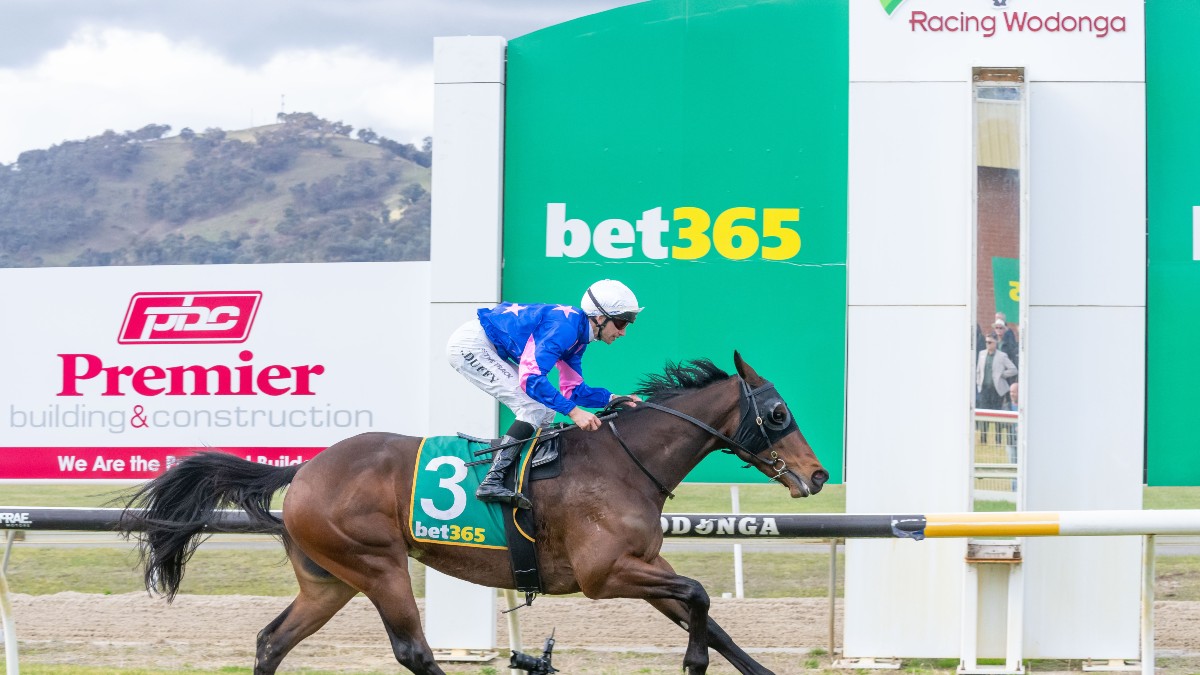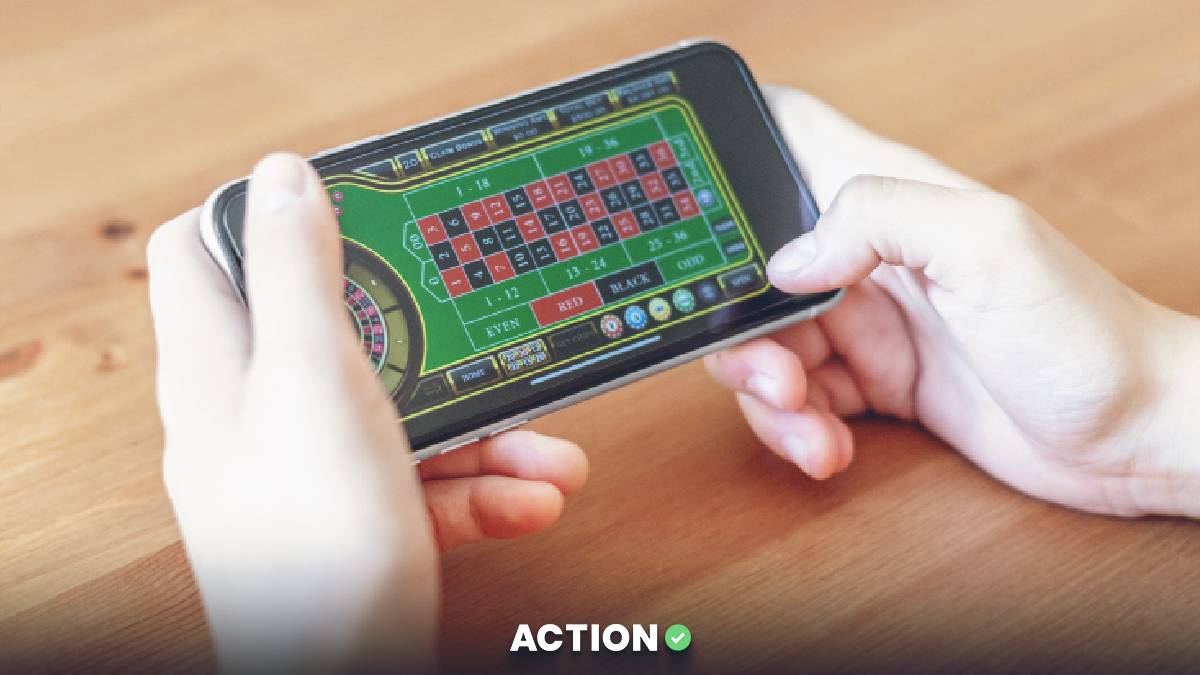New Jersey regulators have mandated that bet365 repay bettors over $519,000 for downgrading winning wagers due to what the sportsbook deemed were "obvious errors," Sports Handle reported on Monday.
On 199 wagers between December 2020 and November 2022, bet365 manually reduced payouts on winning bets at revised odds rather than the original odds that bettors locked in.
Now, New Jersey regulators have put their foot down.
"No further such violations related to the unilateral voiding of wagers will be tolerated," said the New Jersey Division of Gaming Enforcement's interim director Mary Jo Flaherty in a letter.
According to Action Network's knowledge, bet365 had been among the only sportsbooks in the country in the practice of regrading some winning wagers if the sportsbook deemed the original price was an obvious error. One other sportsbook in particular, BetMGM, will occasionally void wagers in these instances. But BetMGM was forced to relent on paying out $214,000 in winnings to a Virginia teacher for what the sportsbook said was a mispriced line, the Action Network reported in 2023. Initially, BetMGM withheld funds for weeks.
The letter from New Jersey regulators, sent on July 22, gave bet365 10 days to pay out the original winnings in full. All eligible bettors would have likely already been notified.
“These types of multiple and serious violations cannot be tolerated in the New Jersey gaming regulatory system,” Flaherty added in her letter.
In one incident from February, bet365 forced some bettors to either cancel their wagers or take a worse payout on a prop involving Cavs center Evan Mobley. The big man's odds to hit at least one 3 was priced at +235 for a regular season game vs. the Magic. bet365 offered users revised odds at +125 or the option to cancel their wager a few days before the game was due to be played. Mobley did not end up making a 3 in that contest.
That wager did not fall under the timeline of the July letter, which encompassed bets placed between Dec. 2020 and Nov. 2022.


















































